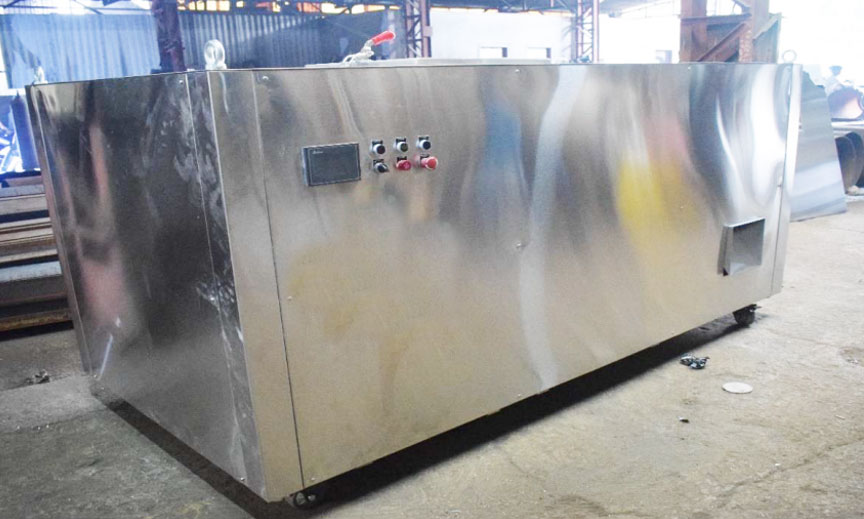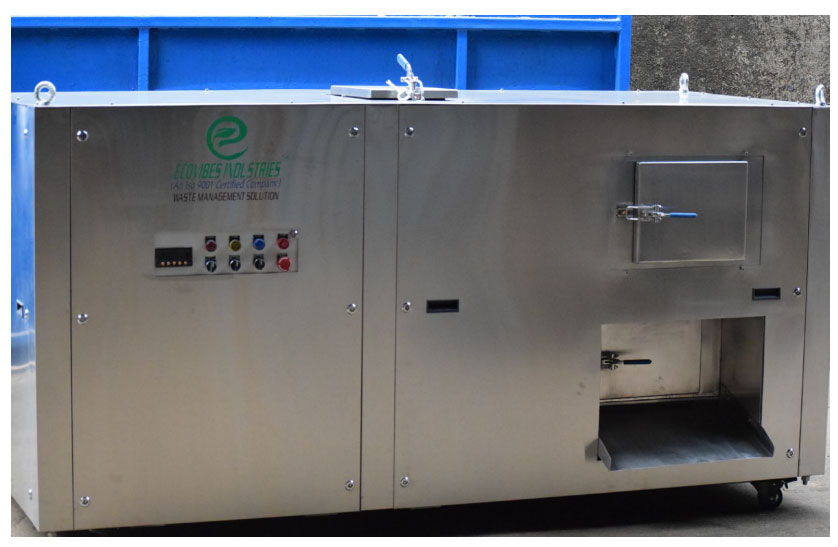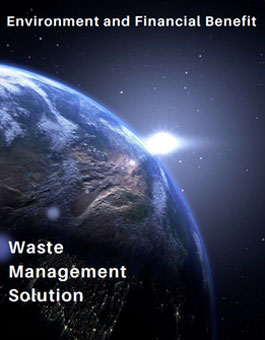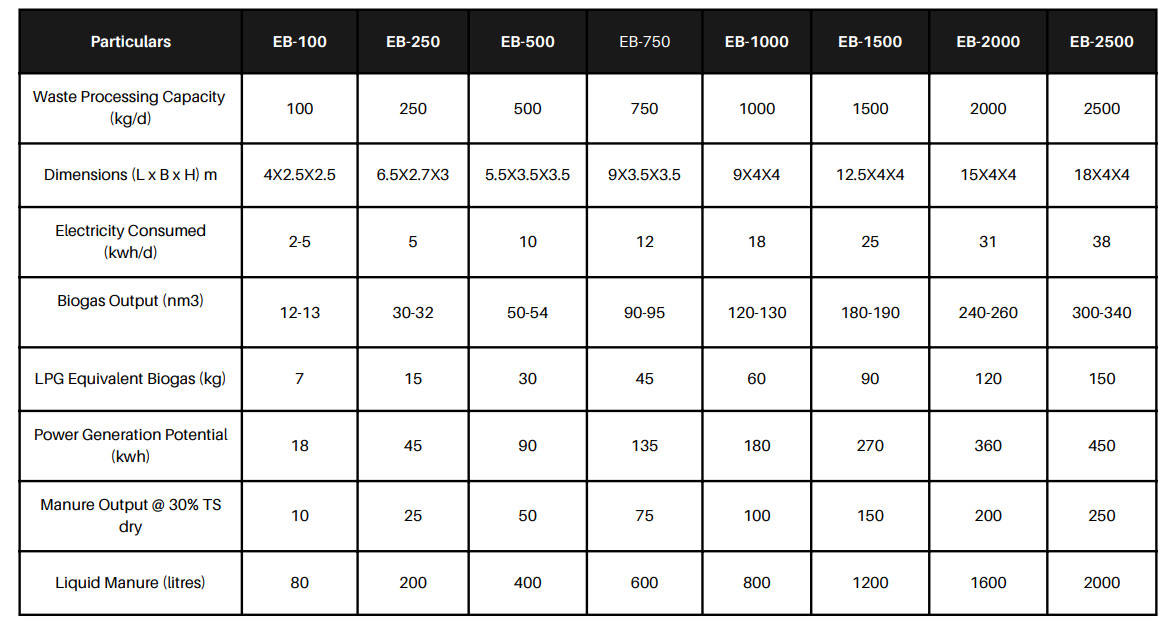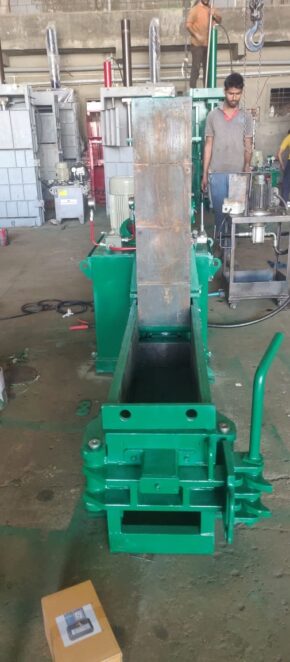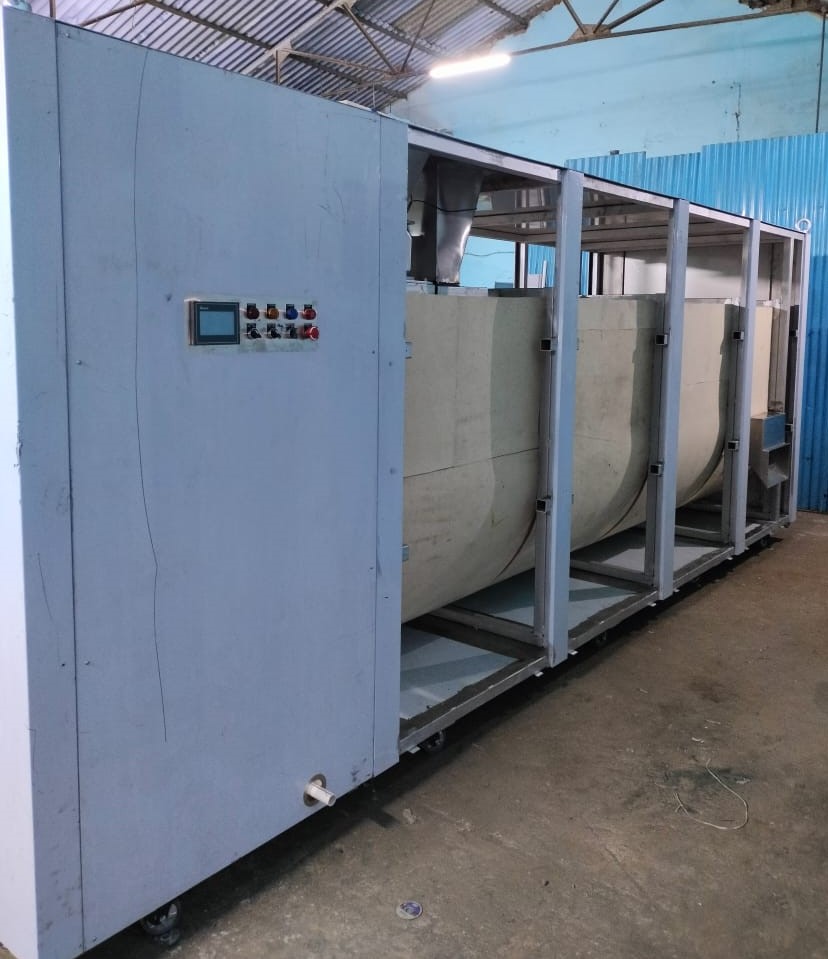Welcome to Decentralized Waste Management: Revolutionizing Sustainability
In our rapidly evolving world, the need for innovative solutions to address environmental challenges has never been more critical. One area that demands immediate attention is waste management. Traditional centralized waste management systems often struggle to keep pace with the growing volume of waste, leading to environmental degradation and health concerns.
The Rise of Decentralized Waste Management : A Paradigm Shift
Decentralized waste management is emerging as a revolutionary approach to tackle these issues. Unlike centralized systems that rely on large-scale facilities, decentralized waste management distributes waste processing closer to the source, creating a more sustainable and efficient model.
Key Features of Decentralized Waste Management :
1. Community Engagement: Decentralized waste management encourages active community involvement. By integrating waste processing facilities into local neighborhoods, residents become stakeholders in the waste management process, fostering a sense of responsibility and ownership.
2. Reduced Transportation Costs: Traditional waste management systems often require extensive transportation of waste to centralized facilities. Decentralized systems significantly cut down on these transportation costs, reducing carbon emissions and contributing to a greener environment.
3.Tailored Solutions : Different communities have distinct waste disposal needs. Decentralized waste management allows for the customization of solutions based on the unique requirements of each locality, optimizing resource utilization.
4. Improved Resource Recovery: Decentralized systems often incorporate advanced technologies for resource recovery, such as recycling and composting. This not only minimizes the amount of waste sent to landfills but also promotes the circular economy by reclaiming valuable resources.
The Environmental Impact of Decentralized Waste Management :
1. Reduced Carbon Footprint: By minimizing the distance waste needs to travel for processing, decentralized waste management significantly lowers carbon emissions associated with transportation, contributing to climate change mitigation.
2. Biodiversity Conservation: Proper waste management is crucial for protecting biodiversity. Decentralized systems reduce the risk of pollution and habitat destruction, preserving ecosystems for future generations.
3. Landfill Reduction: Traditional waste management often relies on landfills, which contribute to soil degradation and pose a threat to groundwater. Decentralized waste management seeks to minimize reliance on landfills, promoting a more sustainable waste disposal strategy.
Join the Movement Towards Sustainable Waste Management :
Embrace the future of waste management by supporting decentralized systems. Whether you’re a community leader, business owner, or concerned citizen, there are various ways to get involved. Explore our website to learn more about the benefits of decentralized waste management, success stories from communities that have implemented these systems, and how you can make a difference in your locality.
Together, let’s build a cleaner, greener future through decentralized waste management!





